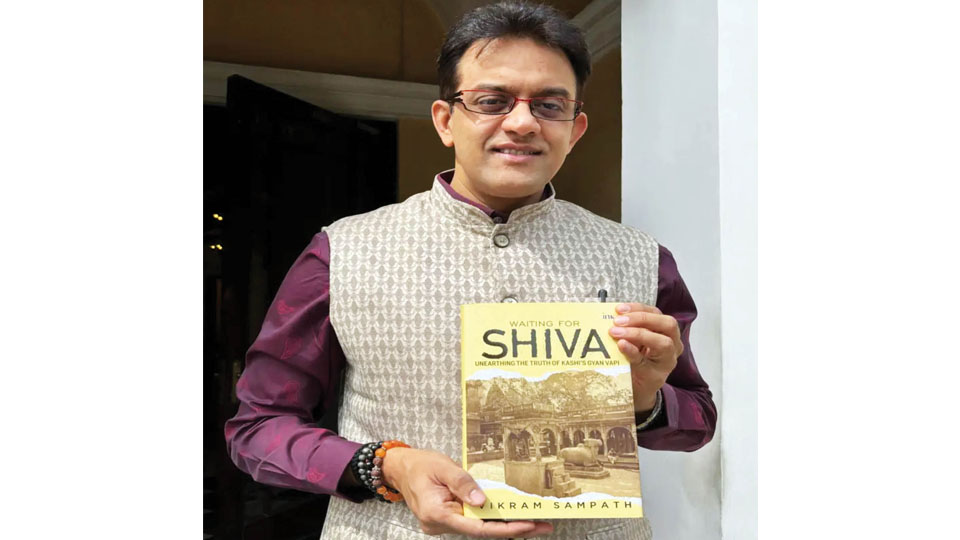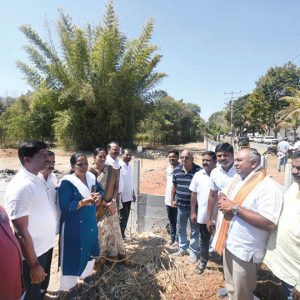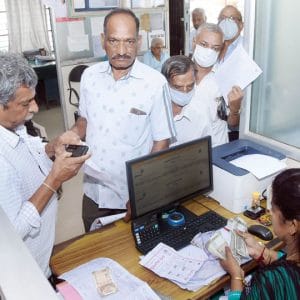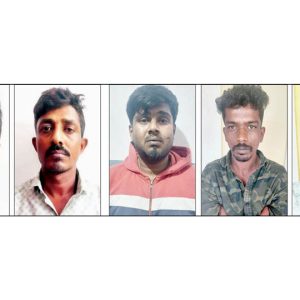
Right-wing historians have arrived!
I have noticed an increase in the number of writers of History of India — Social history, economic history, religious history and political history — after 2014 when Modi Government came to power.
There was a perception that the old history of India written by the Islamic, Mughal and Colonial historians are all biased in favour of the invaders and colonisers ignoring the heroic battles won by the Indian Kings and showing them in poor light.
Unfortunately, this trend of tendentious writing of history continued when the Congress Government, after independence, allowed the Left-liberals and Hindu-baiters to write history. It was for this reason the Right-wing Hindu historians backed by BJP began to question the twisted facts of Indian history written by the pre and post-independence historians under Congress patronage.
It was only when Modi came to power some historians decided to correct the wrong narratives of Indian history found in the earlier history books. Among those some historians, probably, the tallest and the youngest one is Dr. Vikram Sampath. And he is from Bengaluru, Karnataka. He can be seen in city on Sunday, 7th July 2024 at Hotel Southern Star where he will release a book authored by our own Mysurean Dr. R. Balasubramaniam titled “Power Within” with a sub-title “The Leadership Legacy of Narendra Modi.” It would be interesting to hear Dr. Vikram Sampath speak about Narendra Modi as a political person, his administration and legacy.
I am an admirer of this young, brilliant historian, who has already written many books of Indian heroes and brave-hearts across the peninsula, from Kanyakumari to Kashmir, who were ignored by those patronised by the British and the Congress Governments. There were many brave-hearts among our Hindu Kings and Muslim rulers but the heroics and victories of Hindu Kings and Generals were underplayed even in victory. Now with historians like Dr. Vikram Sampath and a few others of his kind, the younger generation of Indians are being made aware of the role of “other” Indians who were treated like “untouchables” by the historians of the colonial era and by the Left-liberal historians of the post-independent Congress Government era.
That’s why we can now read the two-volume biography of Veer Savarkar and of Subhas Chandra Bose which reveal many facets of these leaders which hitherto were either distorted or hidden from the readers.
Presently, I am reading a new book by Vikram Sampath, very topical and speaks eloquently about the history of the eternal city, Kashi and its fall and rise and fall and now again rise under Modi’s rule.
How many Hindus know that Kashi is also sacred to all Indic religions — Jains, Buddhists, Sikhs etc. — spread throughout Bharatavarsha, from Kanyakumari to Kashmir and beyond wherever these people live in this world? This book tells you about the divine power the city radiates. After all, Pashupathi, Shiva, the Lord of all living creatures, abides here. So, this is the most sacred temple. No wonder this book is considered as a seminal work on Indian (say Hindu per se) history.
I know of the time in the past where even asserting your Hindu-ness was anathema. So much so, in Mumbai, the Shiv Sena Supremo Bal Thackeray, in the 1960s and 1970s, had to tell the Hindus, “Garv se kaho main Hindu hoon” (Say with pride that you are a Hindu).
During Congress rule the Right-wing intellectuals were persona-non-grata. Fortunately, days of Right-wing intellectuals seem to have arrived. Thanks to the likes of Vikram Sampath, Sai Deepak, Anand Ranganathan, Harsh Madhusudan, Rajeev Mantri and Amish Tripathi (who made Indian mythology popular among the people).
Mahatma Gandhi had said: In spite of darkness, light persists. In spite of death, life persists. Therefore, we shall not despair. In spite of Left-liberal-intellectuals’ assault on the idea of this ancient land, the Right-liberal-intellectuals will now defend it — the idea of Vasudhaiva Kutumbakam.
Tailpiece: Dr. Vikram Sampath narrates an interesting episode about one Chandrabhan, a Brahmin and his staunch devotion to Shiva at Kashi. This man, Shiv Bhakt, had once proudly proclaimed in the presence of the Mughal Emperor Shah Jahan that he was Brahmin, lived as a Brahmin and would die as one.
He further said that “even if I go to Kaaba a hundred times, I will still return a Brahmin.” For such an audacious statement, it was expected the poet-Brahmin would lose his life. But he was lucky. A wise courtier quoted to an angry emperor the words of Saadi that if Christ’s donkey went to the Kaaba, it would still be a donkey on return. Emperor seemed to be convinced and Chandrabhan lived on to see another day.
e-mail: [email protected]








Recent Comments